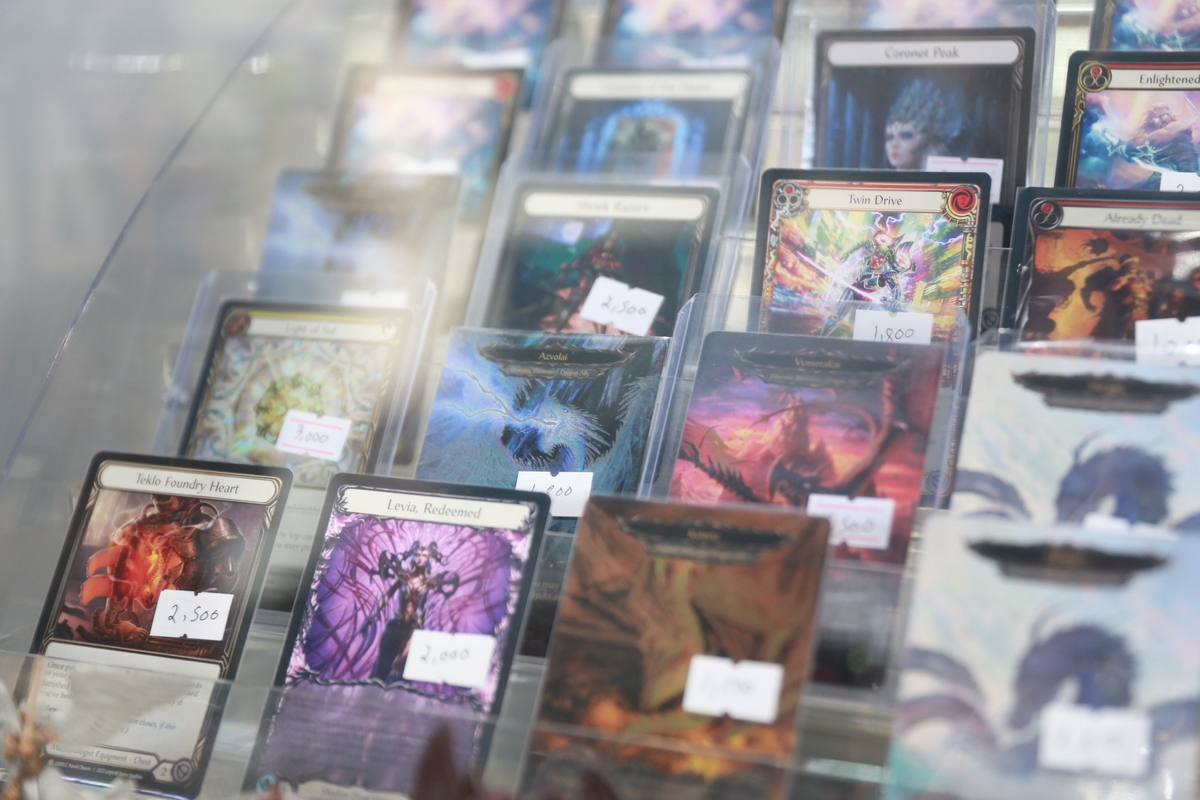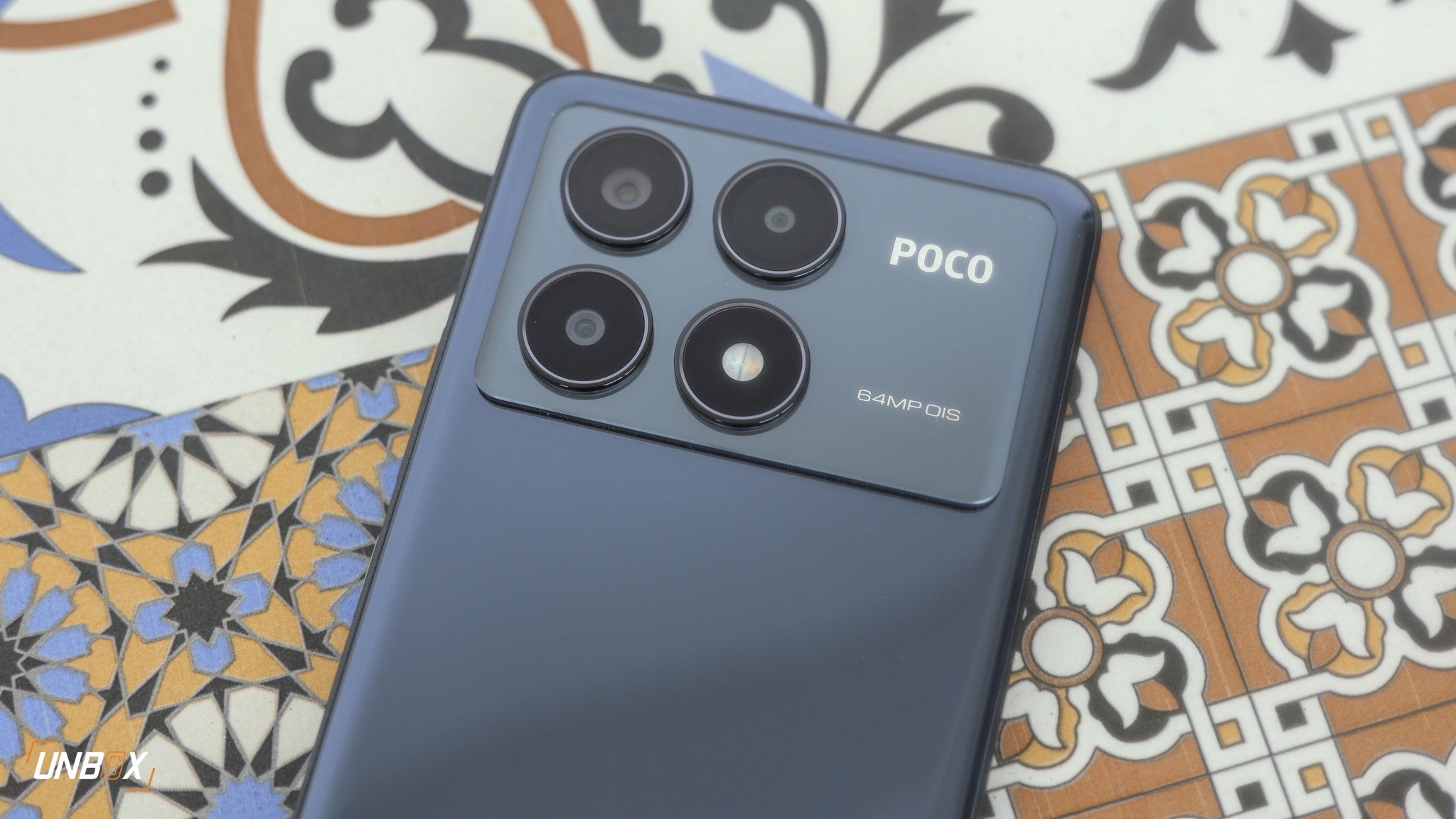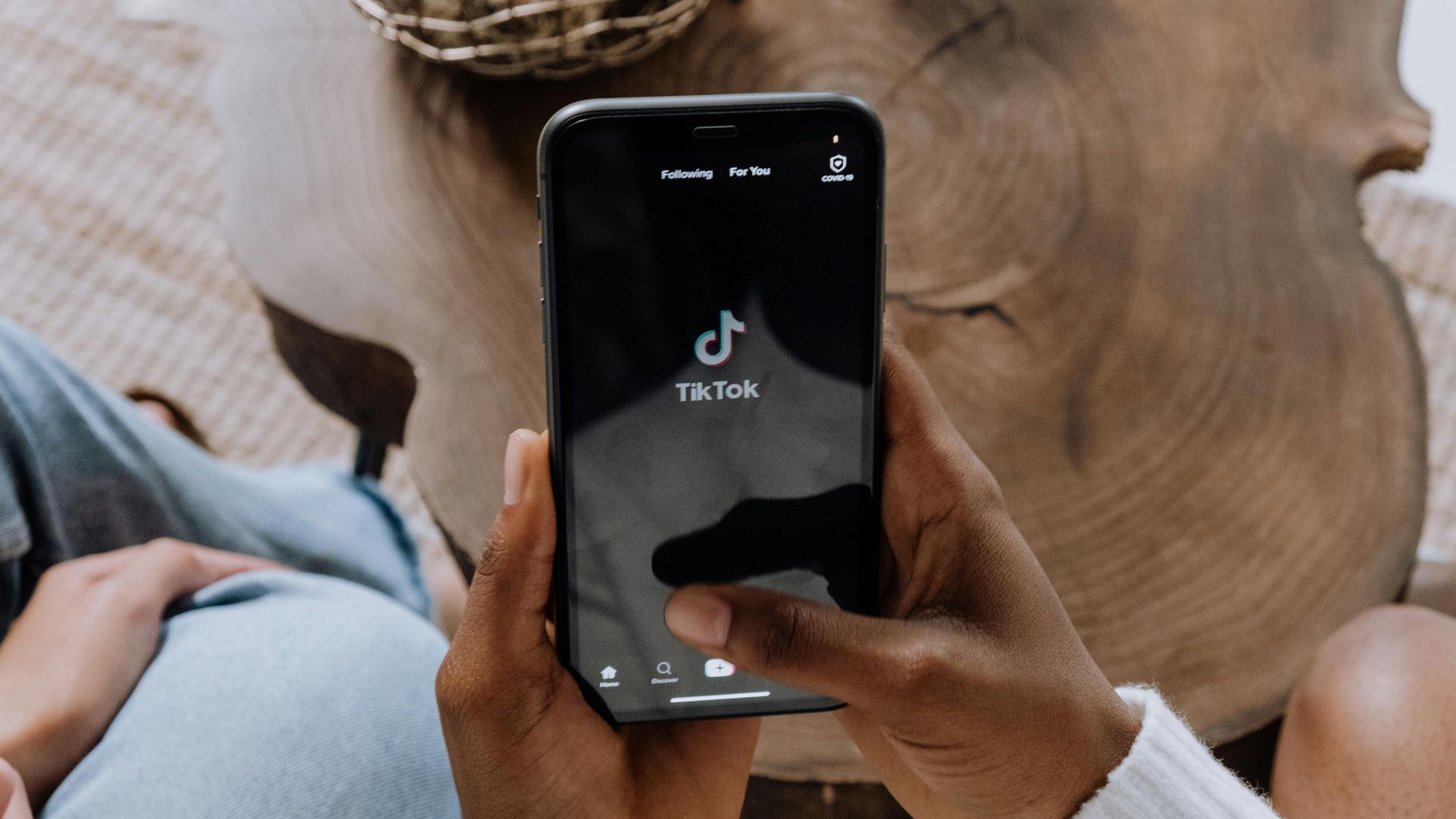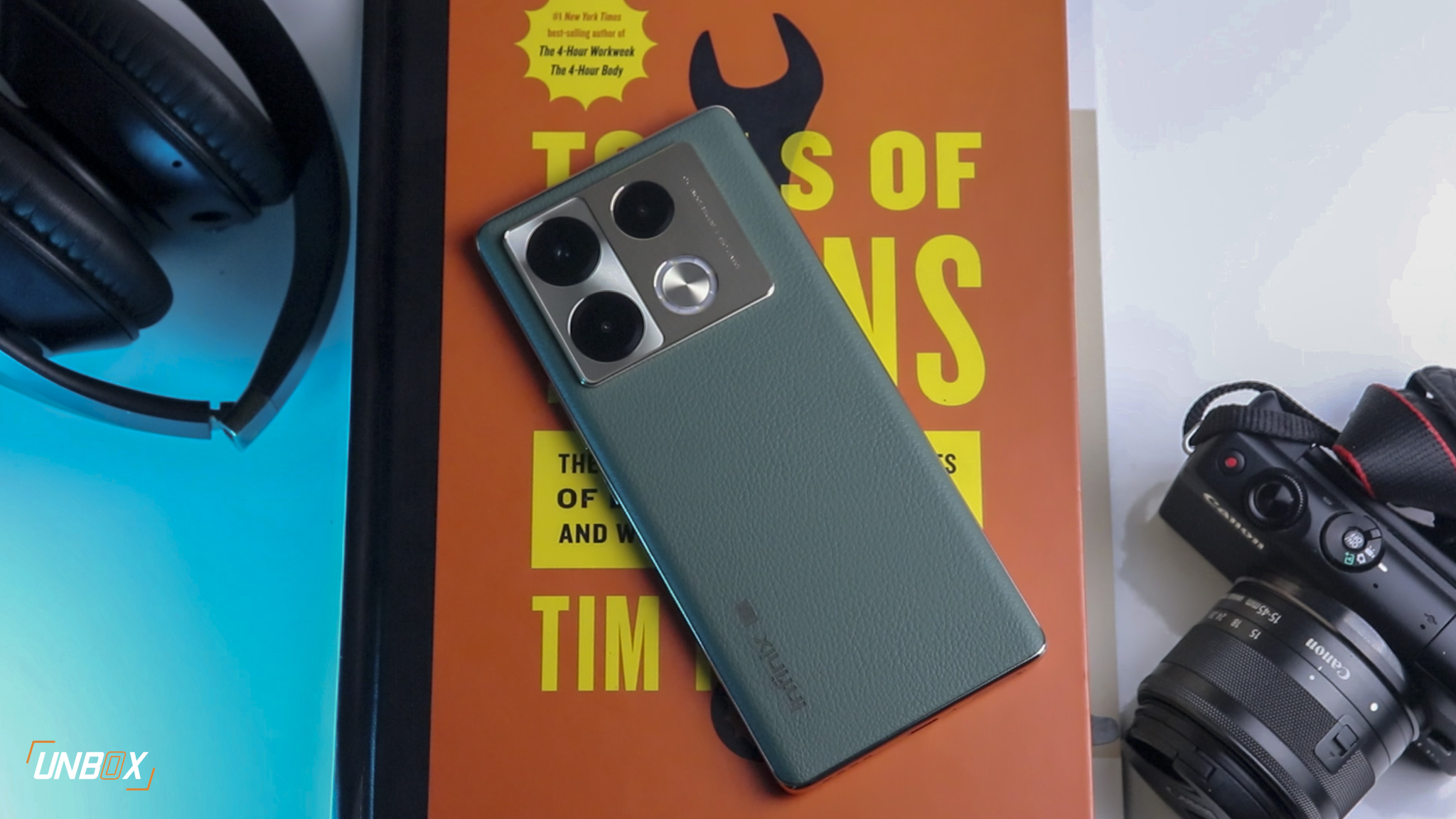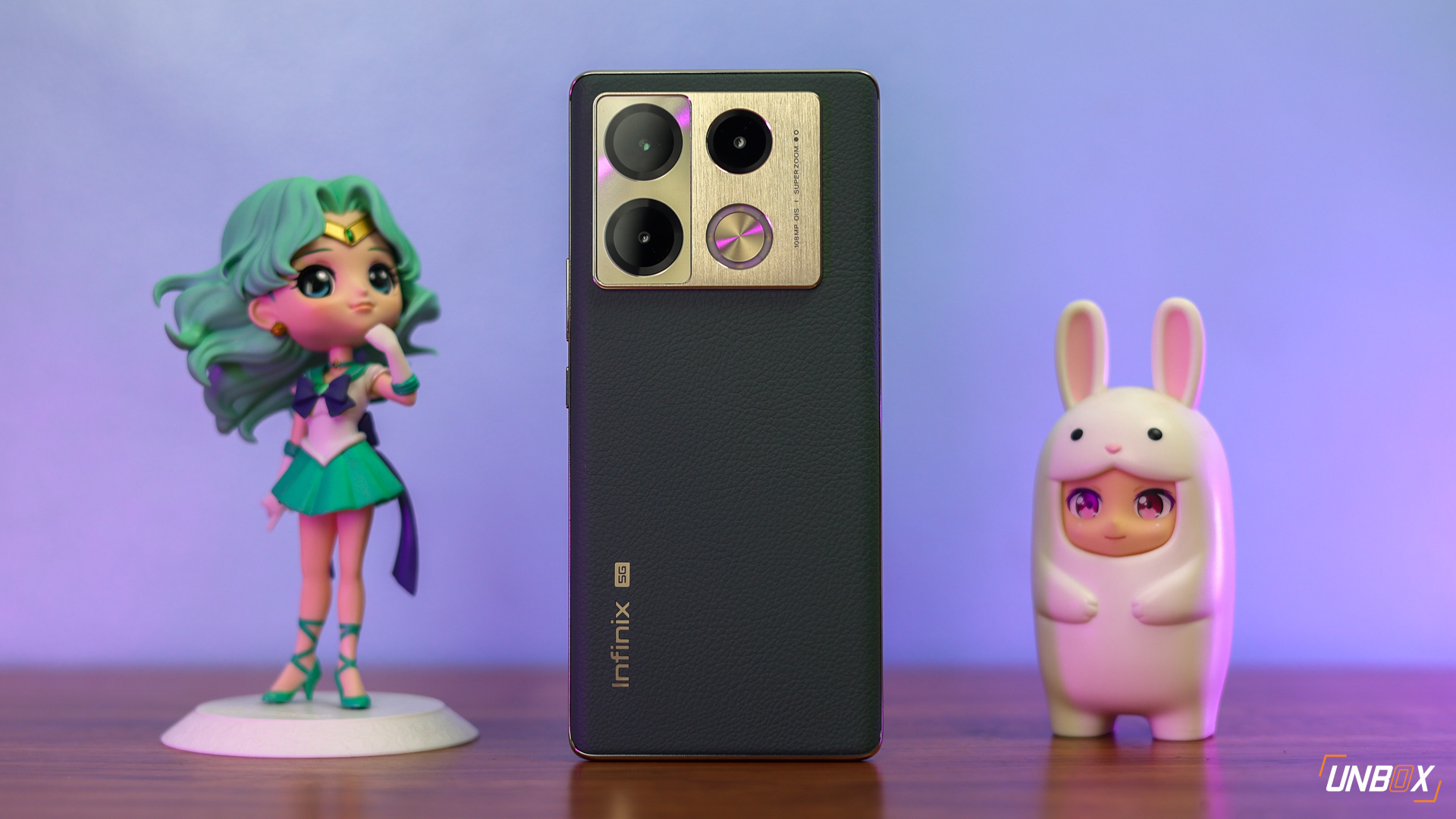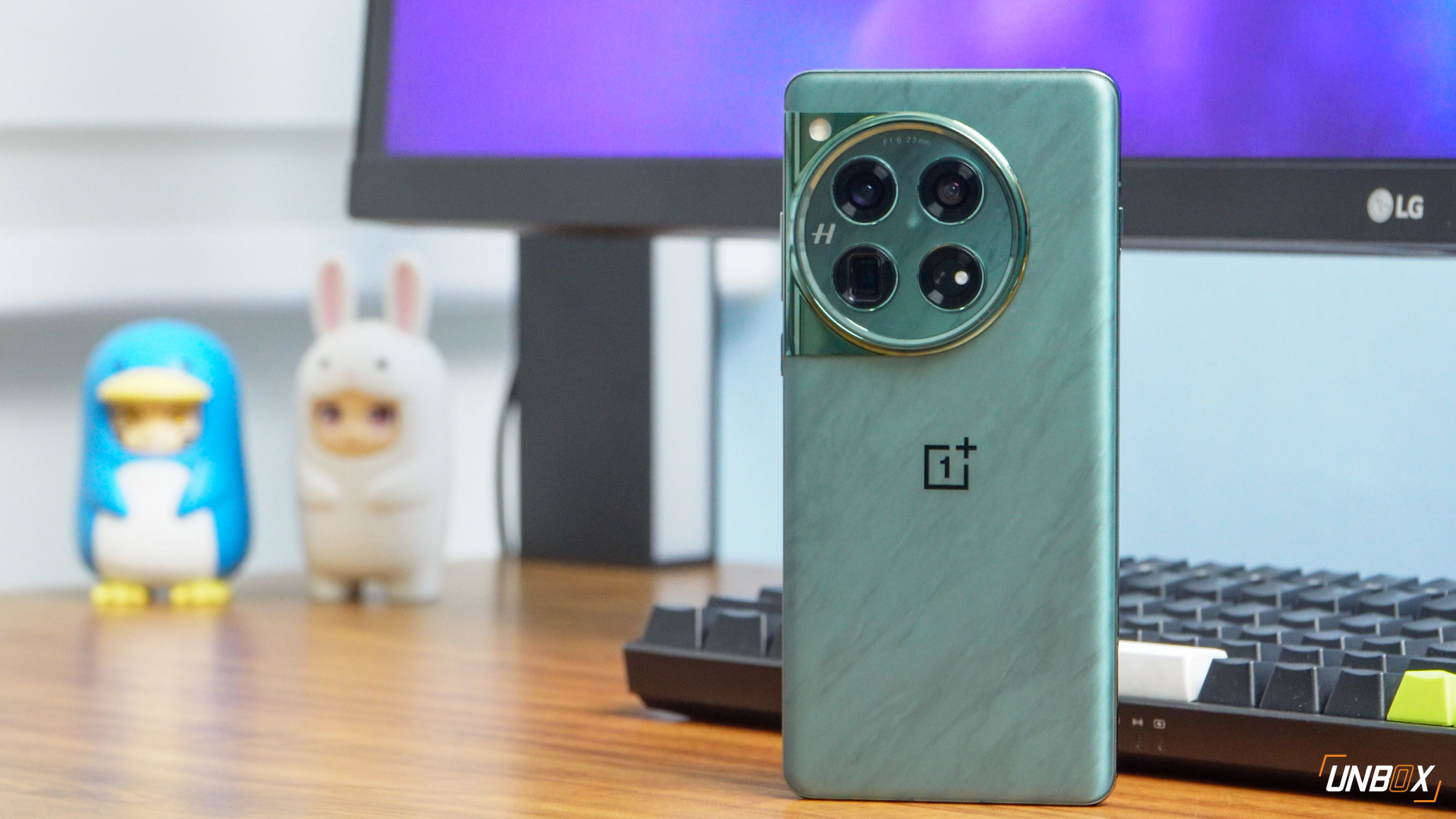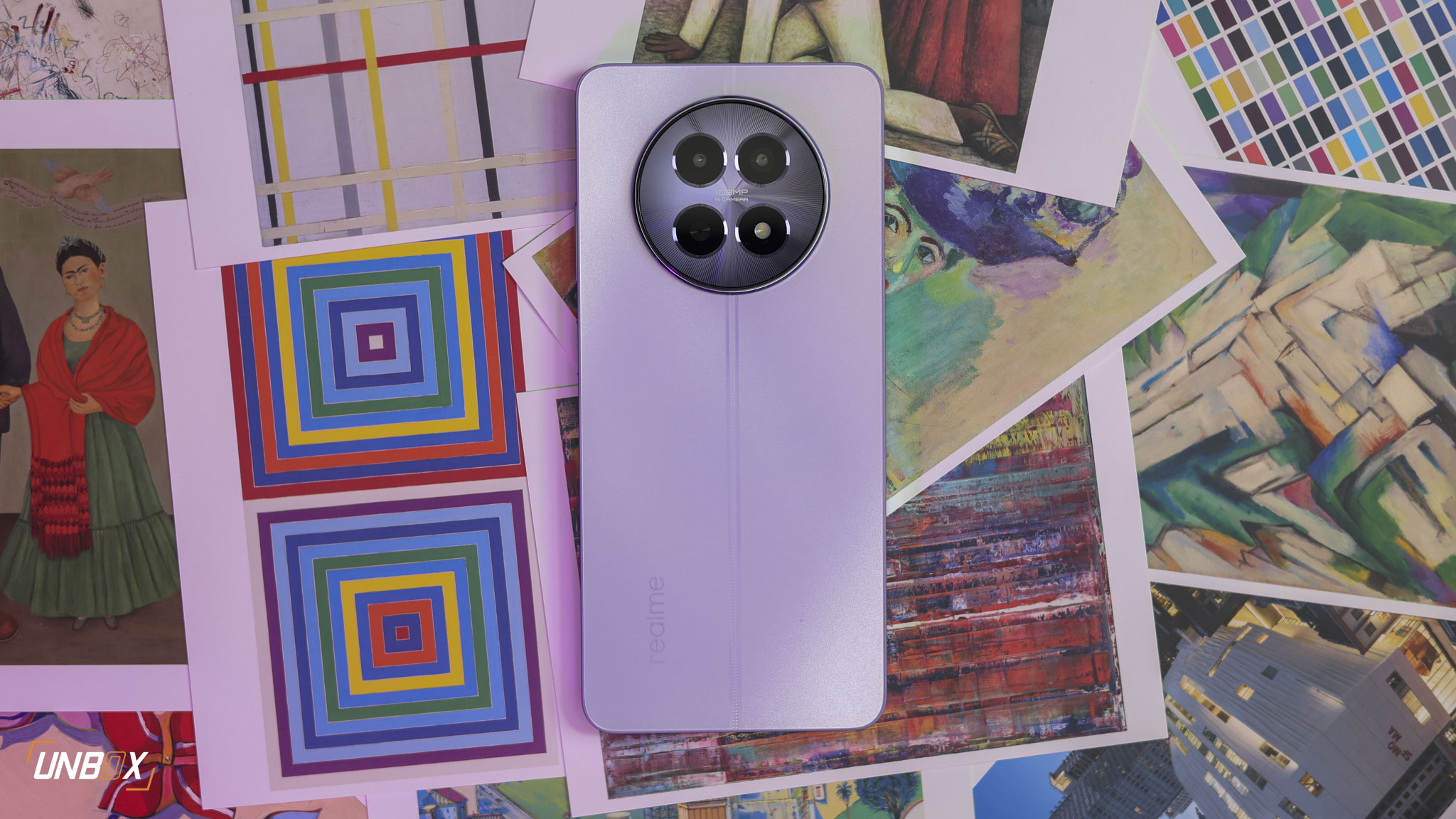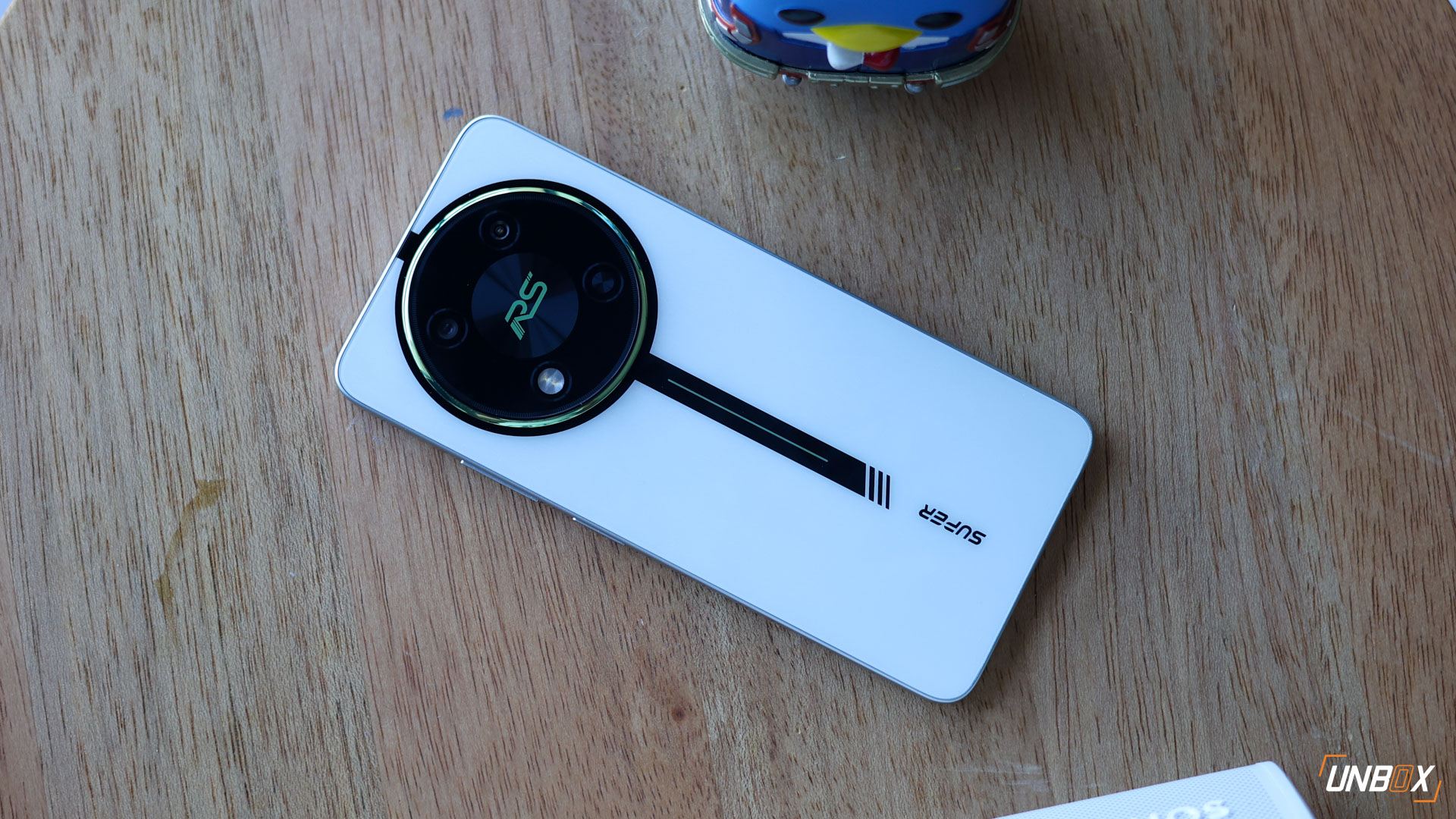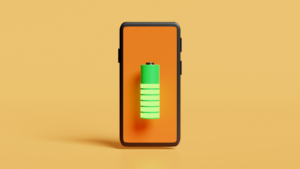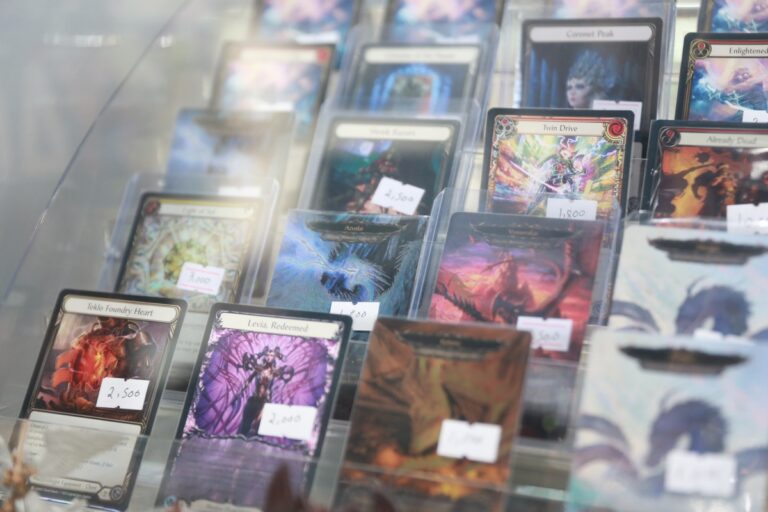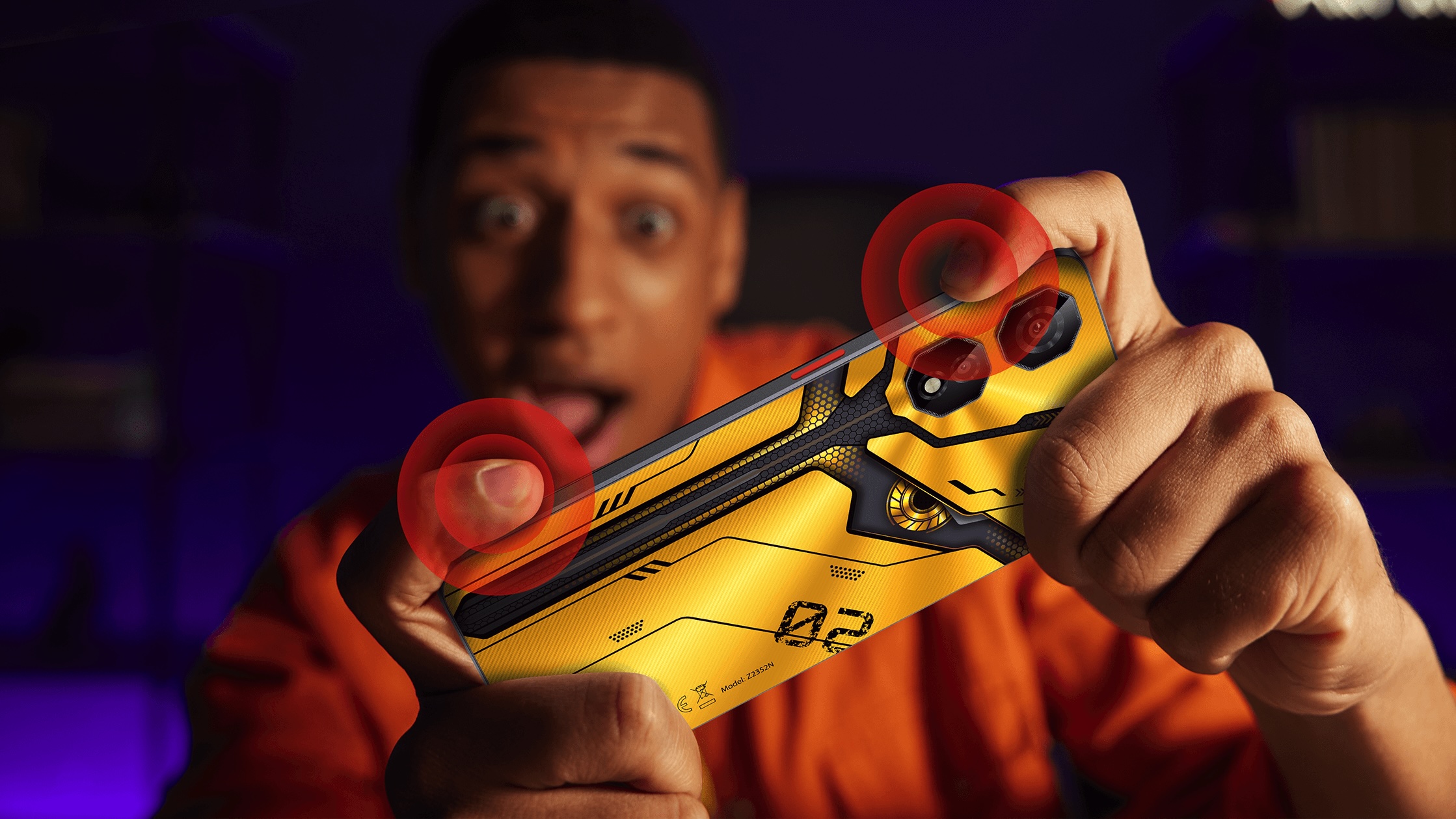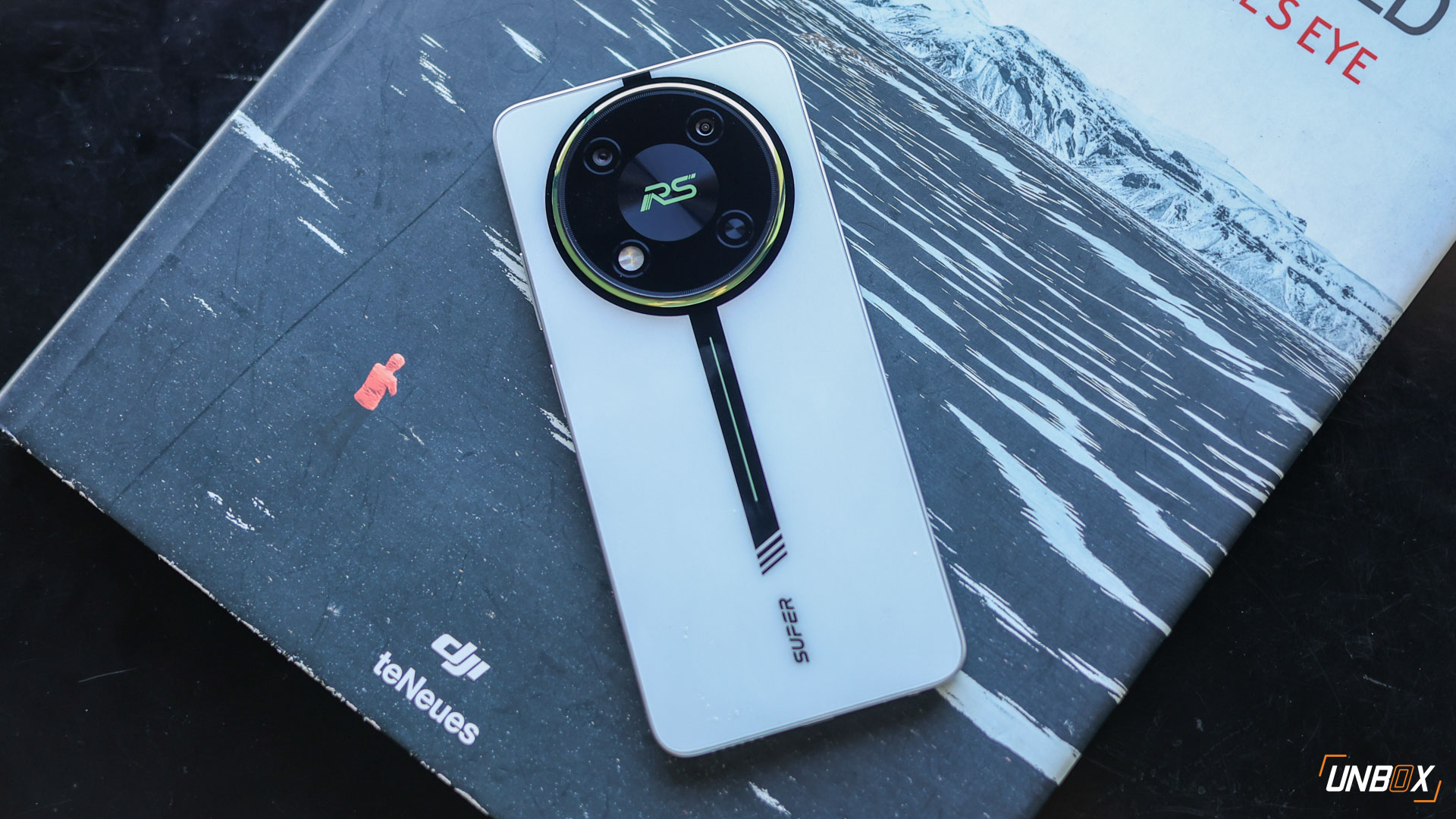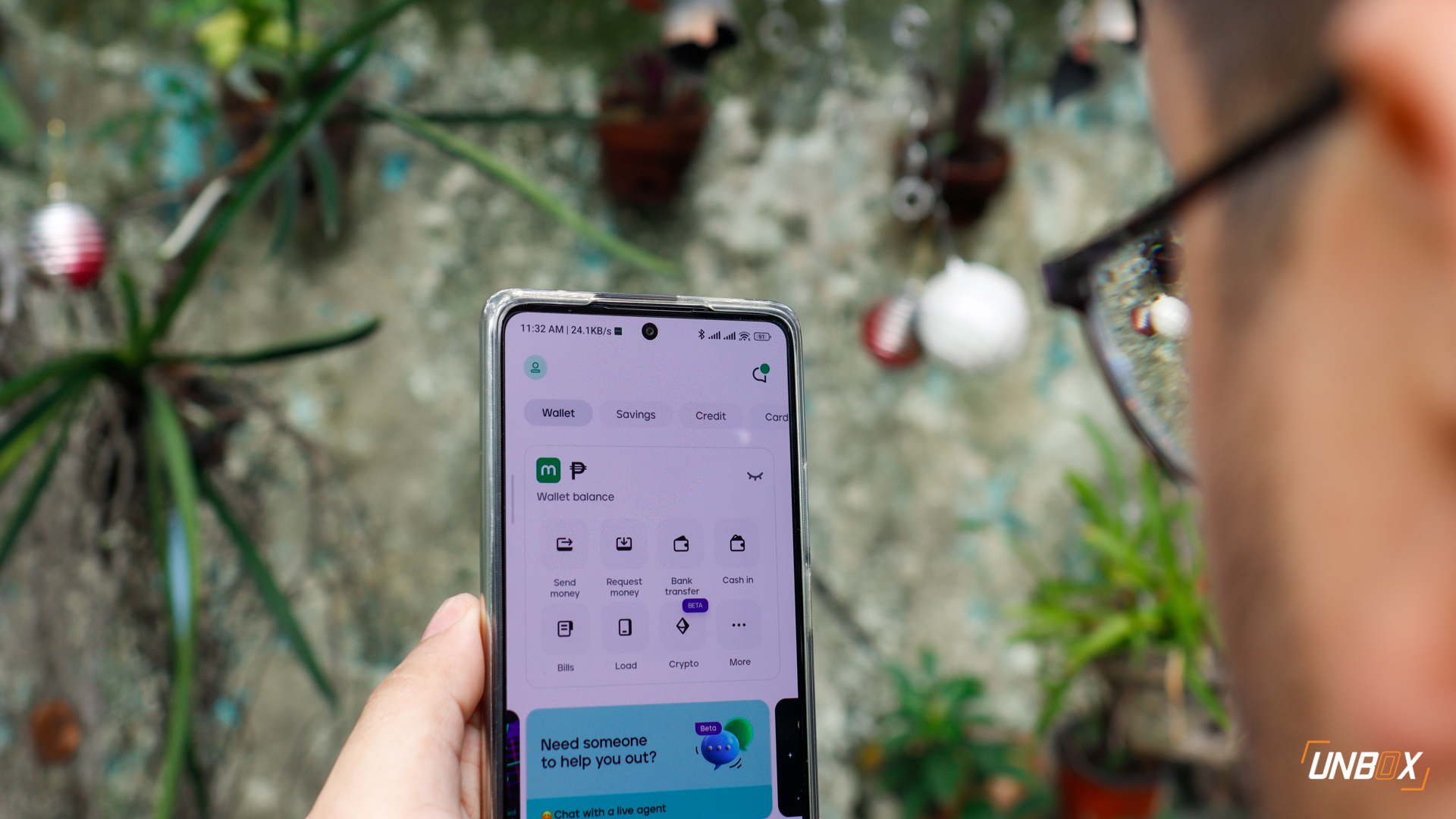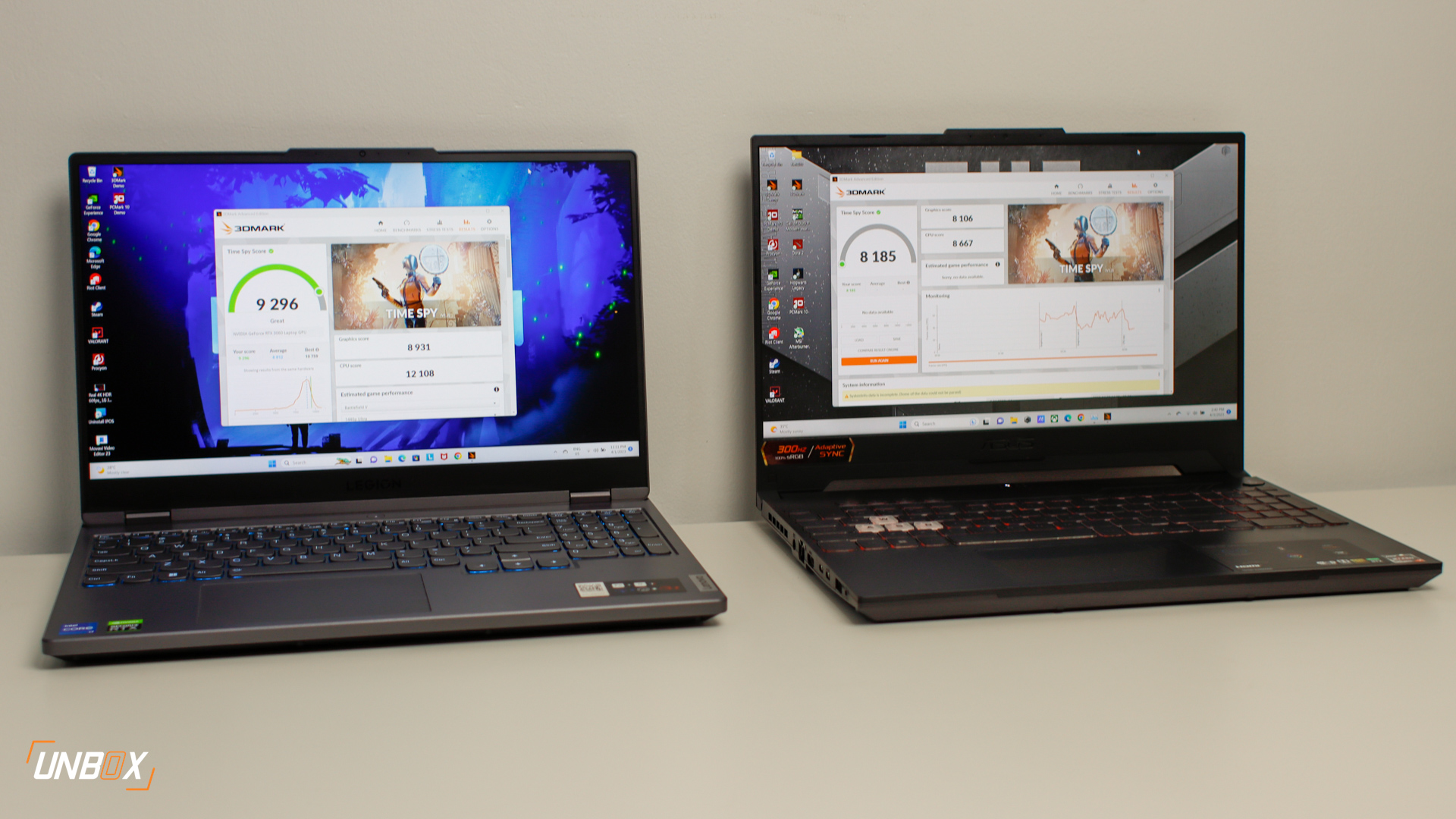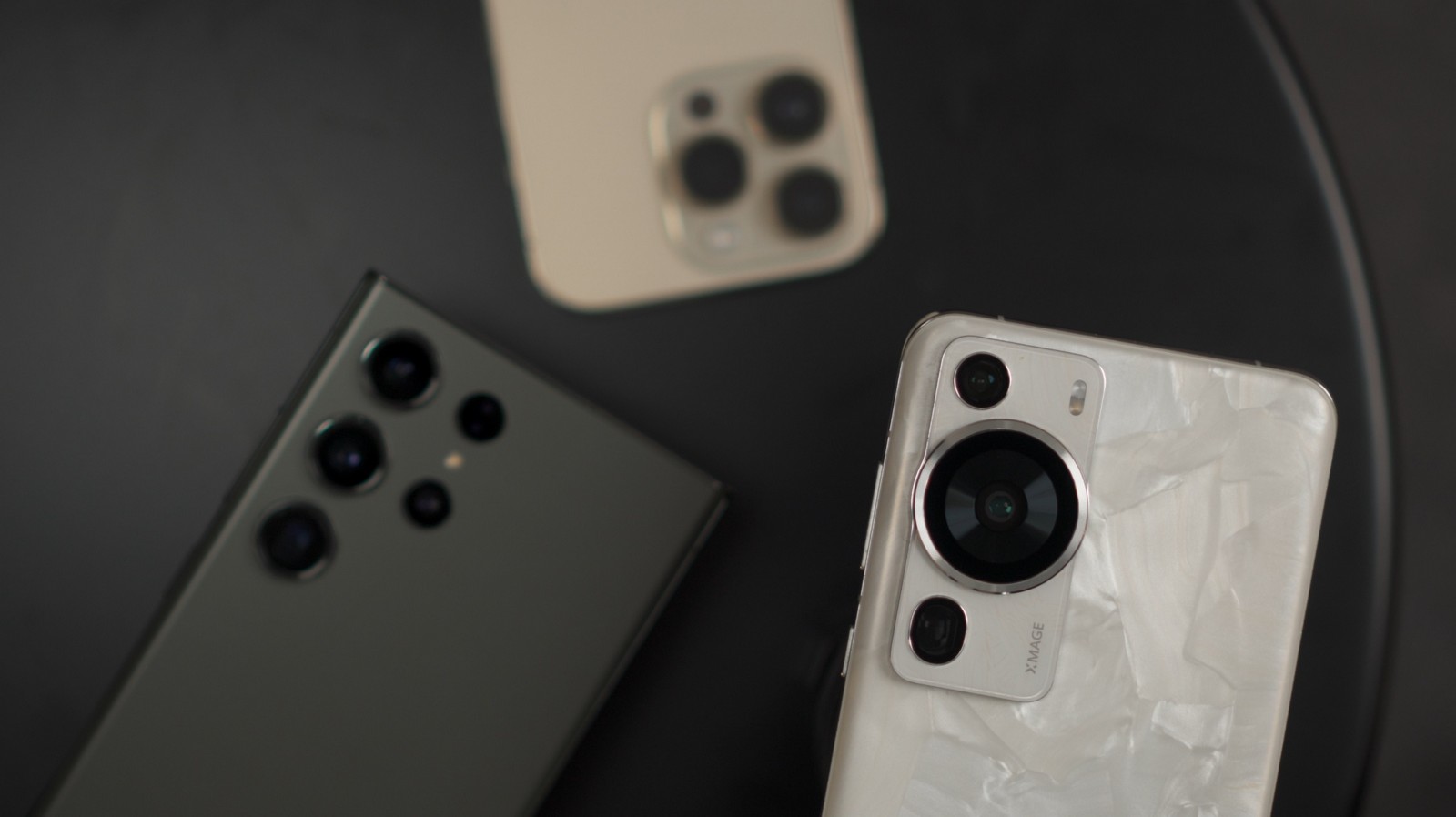Trading Card Games (or TCGs) can be an expensive hobby if we’re spending recklessly on it, so today we’re going to discuss how to save money. Well, more like how to not waste money – we’re spending for cards constantly after all, so the best thing that we can do for ourselves is make sure we’re getting good value out of our purchases.
How to Save Money in TCGs
- Play Only In Formats That You Can Afford
- Buy Single Cards and Avoid Pack Purchases
- Test Cards First Before Buying Them
- NEGOTIATE!
- Don’t Buy Too Much TCG Accessories
Play Only in Formats That You Can Afford
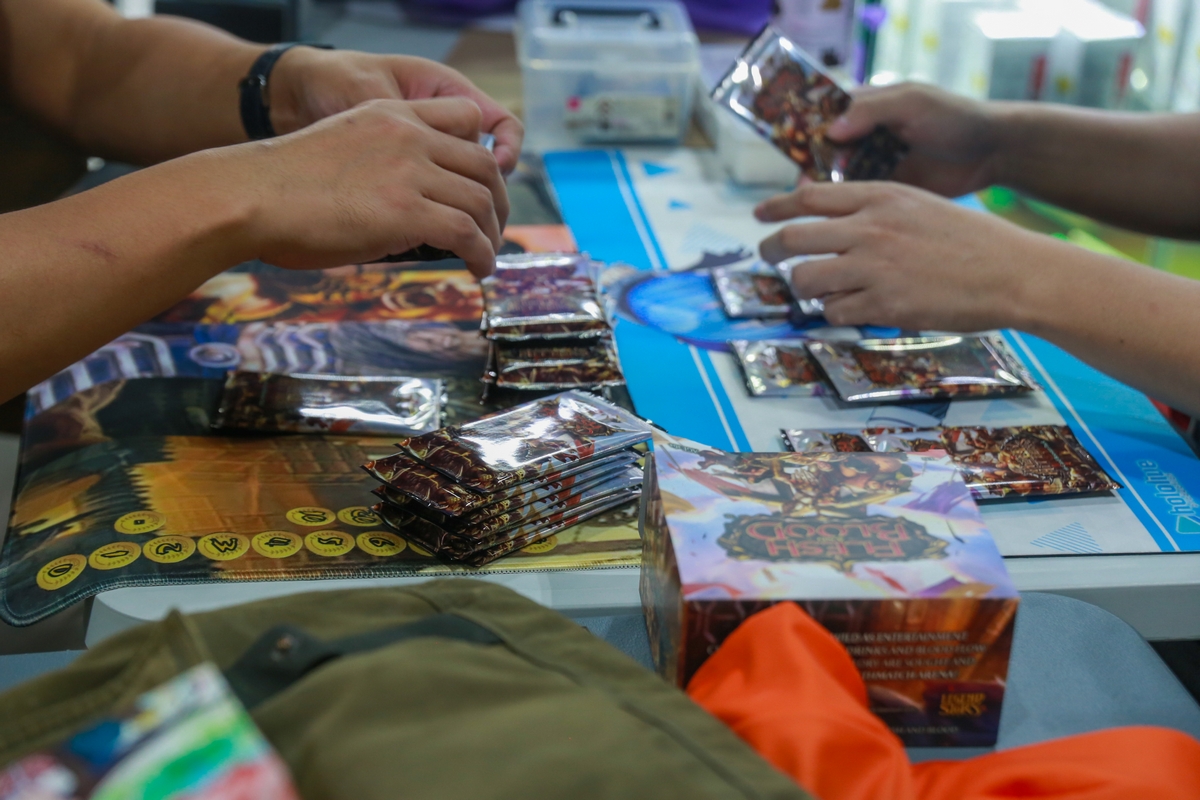
A format in TCGs refers to certain rules are restrictions that determine how games are played – usually by dealing with the legality or number of cards. Some formats are more affordable to play and more accessible to others. Others are very expensive to get into. In the TCG that I currently play – Flesh and Blood, Classic Constructed is their premiere 80-card format used for major events, but most of the newer players prefer the 52-card Blitz format simply because fewer copies and numbers of cards are used, so it’s not as expensive and fits better into their budgets. A 28-card difference might not seem much, but an extra copy of each card does add up to a significant amount. There is no shame in playing more budget-friendly formats, and what’s important is that you’re having fun and enjoying the game.
Buy Singles, Avoid Packs
Opening packs and seeing what cards we get from them are some of the highs of the Trading Card Game hobby, especially when we open something valuable. However, it is also the most financially draining, especially if you’re only looking for a specific card. From my experience, the cards in most packs are rarely worth the cost of the pack itself (assuming you can even sell all of them). And the chances of drawing some of the most valuable cards in any game are astronomically small. Going back to my Flesh and Blood example, opening a pack with a Legendary card is roughly a 1 in 96 chance or a little over 1%. And even then there are multiple Legendary cards in the game so the odds of getting the one that you want are even smaller.
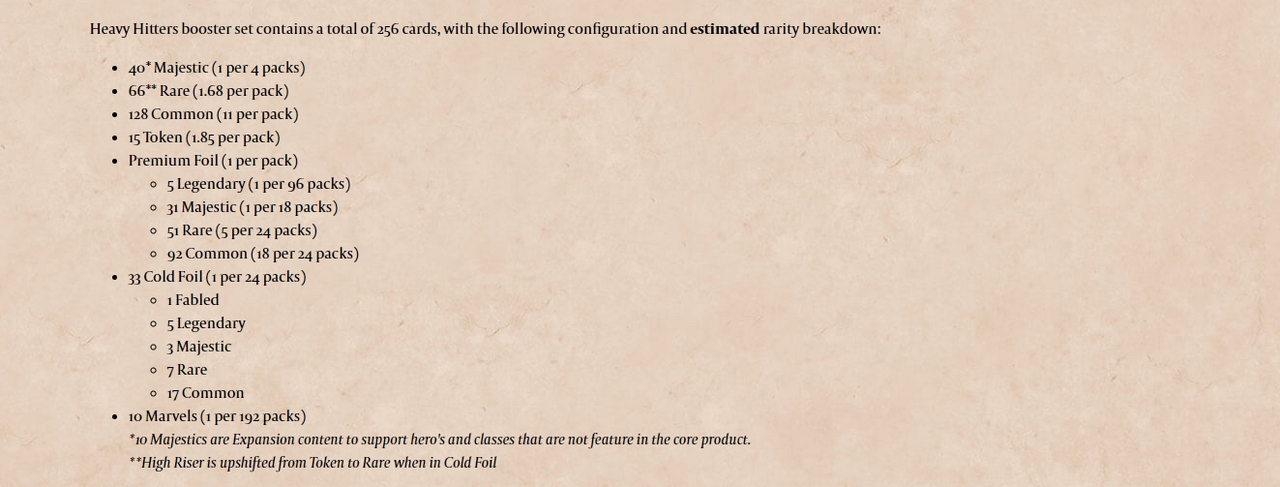
So my advice? If you don’t have the money for it, don’t shoulder the risk.
Buying single cards that you need individually totally sidesteps the risk and saves you the frustration of not getting the cards that you want. They might cost a lot, but when you calculate the probability of drawing a specific card in a pool of 200+, plus card distribution per case, plus the fact that you’re going blind without any prior information if the card (or any valuable cards for that matter), has been drawn from the current box you took the pack from, then it becomes next to a miracle if we ever find the card we want.
Test Cards First
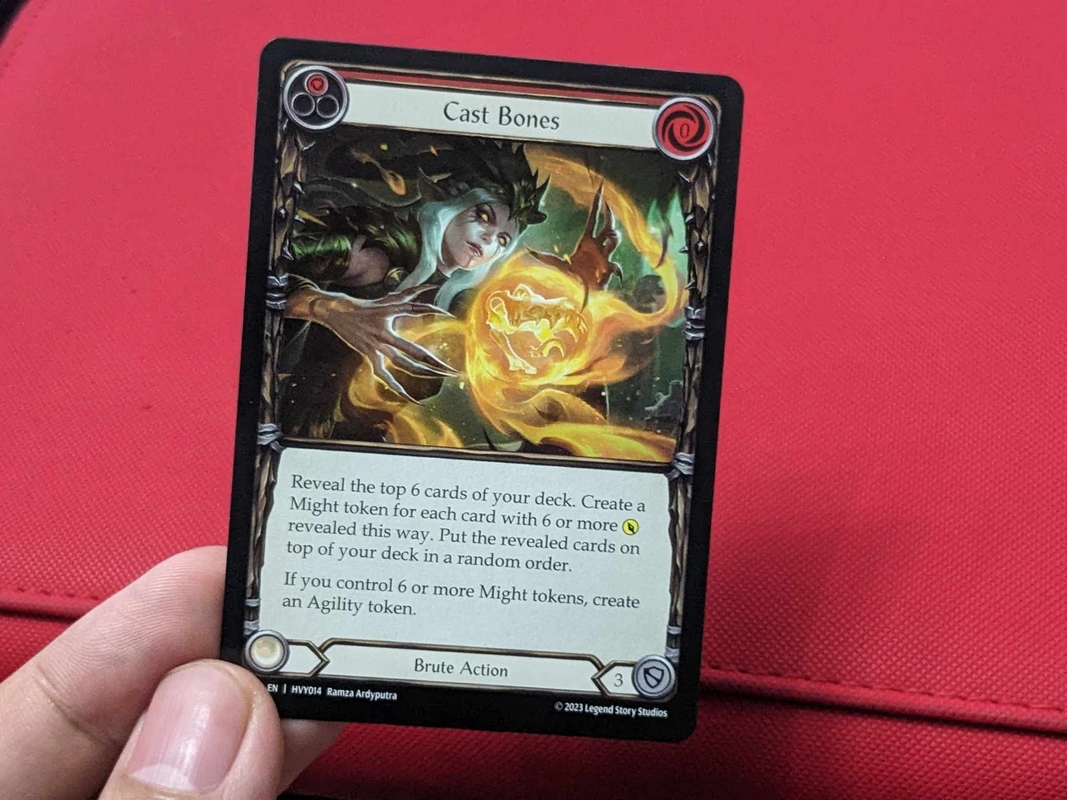
Another way how you’ll save money in TCGs is to find ways to test cards before buying them. Let’s say you need a card (like from a new set that just got spoiled or released), but it’s pricey and you’re still not sure how it performs in practice.
The thrifty way to approach things is to test it first, preferably as soon as possible, before buying. We live in the modern world now, and there are probably lots of third-party tools online that help you practice with that card and then evaluate if it’s worth it. At the very least, you can always use pen and paper to proxy it.
The way I see it is that we shouldn’t be too romantic with how we test by waiting to buy the actual card and only then do we play with it. My take is that as long as you bring the real, legal cards to the events where they’re required, then there’s no shame in using placeholders outside of it.
Some might argue about the ethics of the whole thing, but let me remind you that people are bound to stay in the hobby if they keep making the correct spending decisions – and testing cards first weeds out the crappy ones that players might fall victim to buying and ultimately get them frustrated (and eventually quit).
Trade and Negotiate
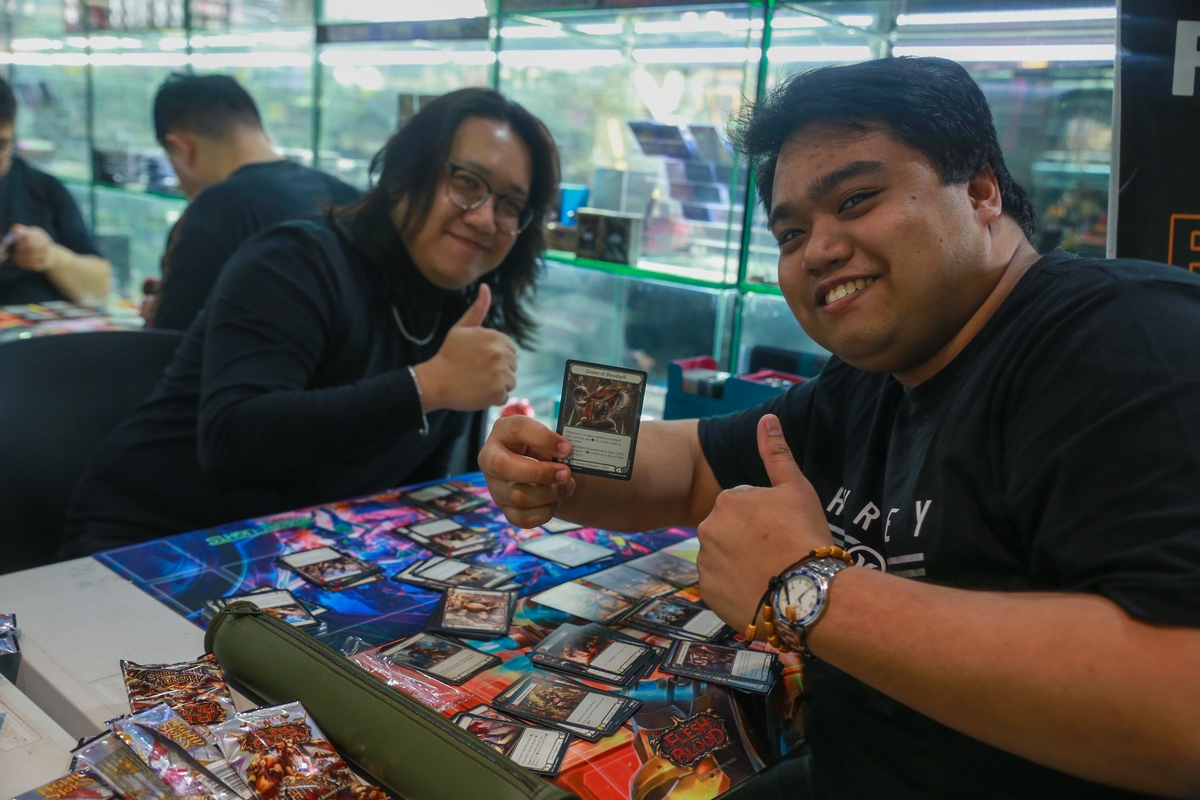
Part of the fun in the TCG hobby is in its name – Trading. Because if you somehow bought and opened packs to get cards (and I say this to you with a disappointed look), you’ll likely get something that you don’t need but someone else does. That’s where the selling and trading bit comes in. But here’s the thing I noticed: most players don’t negotiate prices.
From my decade-long experience in the hobby, there’s nothing inherently wrong with asking another player for lower prices or a bit of leeway on a trade – assuming of course that it’s reasonable. They aren’t faceless establishments with fixed prices but rather are individuals who have their wants and needs that they wouldn’t mind being met if all it takes is making a little compromise. Done right it’s also a great social aspect of the game, and I have made friends through selling and trading whom I still do deals with to this day.
Remember that the goal here is not to one-up the other person, but to find a good middle ground where everyone’s happy (or at least agreeable) with the deal. A good sale or trade leaves everyone satisfied, promotes a good reputation for both players, and improves the community as a whole.
The small discounts you get from negotiating add up over time and before you know it, you’ve already saved a good amount simply by asking for better deals.
Cut Down On Accessories (For Now)
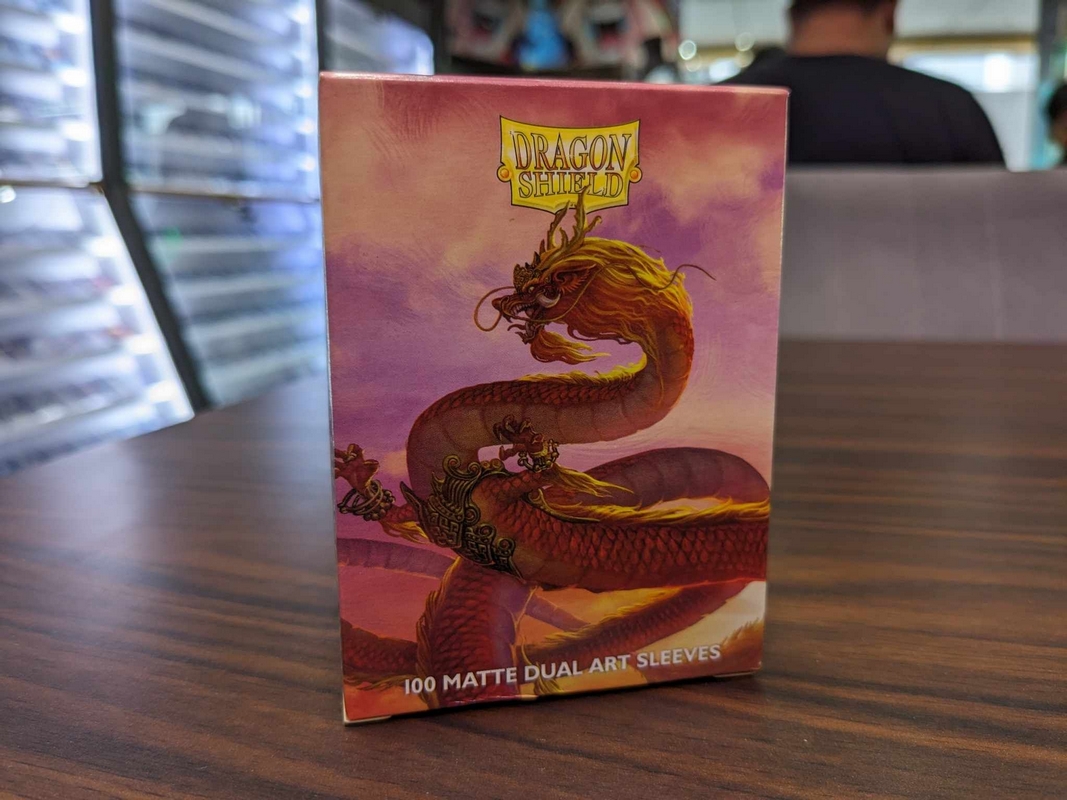
Then you are starting in the hobby, you only need the following non-card essentials: A 4-pocket binder (or card album), the right deck box, card sleeves of your favorite color, penny sleeves, a playmat, and a set of dice. Anything beyond this is money that could have gone into the cards you need or entry fees for the events that you want to participate in. I’ve made (and sometimes still do) the mistake of buying many of the latest TCG accessories, only to realize later that I’m fine with just the essentials. While I wouldn’t say the cash I spent on those is completely wasted since I still use some of them, in hindsight the money could have been spent better elsewhere.
So when do we buy a new accessory? As your collection grows, you’ll feel a natural need to buy them. Just don’t do so on impulse. That’s how you’ll save money in TCGs.
No TCG to spend on yet? Come check out the best ones to play this year!
Read More:
–The Five New Trading Card Games You Should Play This Year
Check out my “How To Protect Your Cards” series!
Read More:
–How To Protect Your Cards With Sleeves – A Guide
–How To Protect Your Cards With Deck Boxes – A Guide


